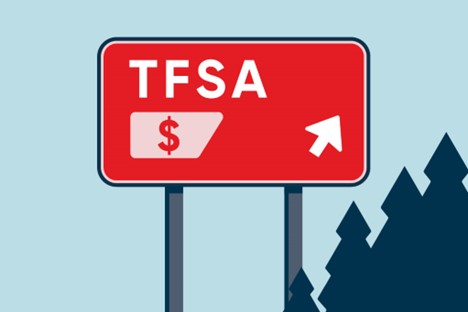
All You Need to Know About TFSA Rules For Trading Stocks in Canada 2023
TFSAs (tax-free savings accounts) and RRSPs (registered retirement savings plans) are two of the most popular registered accounts held by Canadians. A TFSA helps you save for any goal – from next summer’s vacation abroad to supplementing your retirement later on — with tax-free growth. That means you can pull the money out at any time without impacting your taxable income, whether that includes capital gains on your investments or cash flow generated by dividends.
Does that mean you can trade stock or do day trading in your TFSA account legally?
The answer to this question is not that simple. In order to remain tax free, investments in a tax-free savings account (TFSA) have to be passive investments rather than an active business. It’s imperative to remember that TFSAs are registered accounts intended for investing & growing your investment savings over time. They are not meant for frequent trading, running an investment business or day trading. If you trade extensively in your TFSA, the Canada Revenue Agency (CRA) may consider your account to be “carrying on a business.” Any income (dividend and interest) and the full amount of realized gains (net of any realized losses) would be subject to tax.
When determining whether a TFSA should be subject to tax, the CRA would examine several factors including the duration of the holdings, the frequency of your trades, the quantity of securities traded, the time spent on trading, and your intention to hold investments and resell them for a profit. If the CRA determines your trades are an active business, you may be subject to higher tax rates for business income and not benefit from certain measures of capital gains and losses.
How much stock trading is considered “frequent trading”?
The CRA hasn’t provided exact guidelines. However, in a 2018 Income Tax Folio, the CRA states, “The determination of whether a particular taxpayer carries on a business is a question of fact that can only be determined following a review of the taxpayer’s particular circumstances.”
Conclusion
If you hold stocks in your TFSA and are concerned that your trading frequency could be considered taxable as a business, you should consult a tax expert. DM tax accountants in Surrey, BC can help. Contact us today!
SOURCE:
